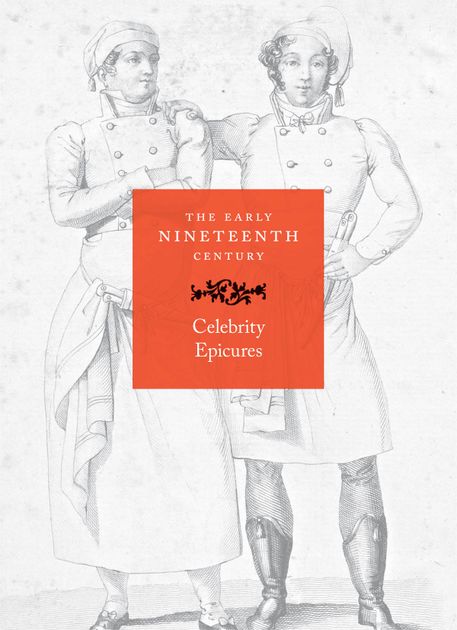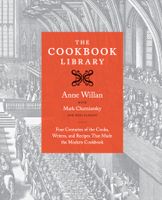Label
All
0
Clear all filters
🌷 Spring savings – save 25% on ckbk Premium Membership with code SPRING25
The Early Nineteenth Century
Celebrity Epicures
Appears in
By Anne Willan
Published 2012

Traditional and modern dress for a cook from Antonin Carême, Le maître d’hôtel français, 1823 edition. Full image.
Politics Drove the Direction of cooks and cookbooks in the first part of the nineteenth century, with the French and American revolutions creating more egalitarian views of cooking. Taste vacillated between the simpler fare considered seemly in this new era and the more luxurious dining preferences of the rich and famous—represented by the fashionable cooking of the first celebrity chef, Marie Antonin Carême. In turn, the overthrow of Napoleon and restoration of the French monarchy in 1815 not only encouraged the rise of nationalism throughout Europe but helped create an environment in which art, literature, and gastronomy could thrive. Books devoted to regional and national cuisines made their appearance, offering hints of the varied fare that would proliferate in the modern cookbooks to come. In addition, cookbooks by the first restaurateurs emerged early in the century, and gourmet guides became popular. Only the British remained true to tradition, relishing their roast beef and the comforts of a familiar, well-run household. By the nineteenth century, these comforts had become embodied in a very English institution, the gentlemen’s club, where congenial companions met to enjoy conversation over the very best of food and wines.
Become a Premium Member to access this page
Unlimited, ad-free access to hundreds of the world’s best cookbooks
Over 150,000 recipes with thousands more added every month
Recommended by leading chefs and food writers
Powerful search filters to match your tastes
Create collections and add reviews or private notes to any recipe
Swipe to browse each cookbook from cover-to-cover
Manage your subscription via the My Membership page
Monthly plan
Annual plan
In this section
Advertisement
Advertisement
The licensor does not allow printing of this title


